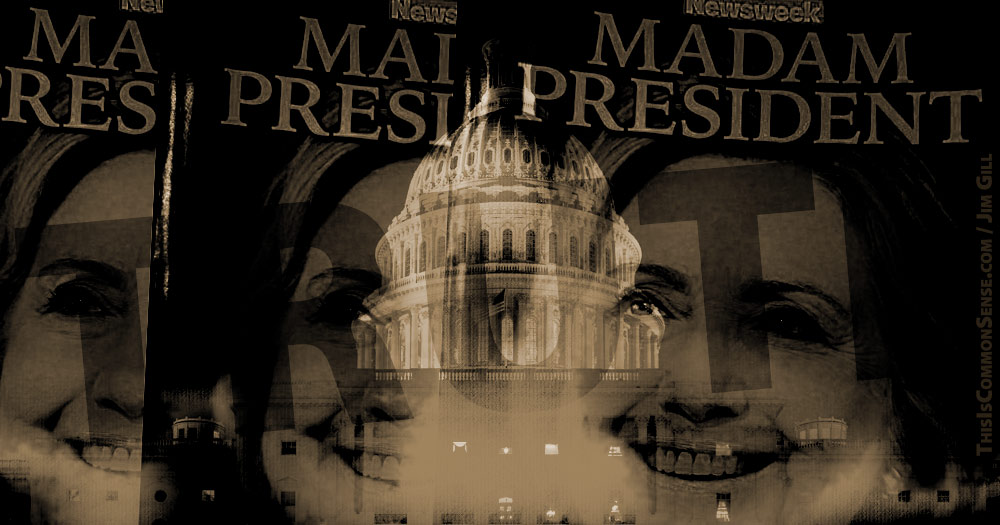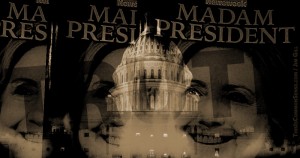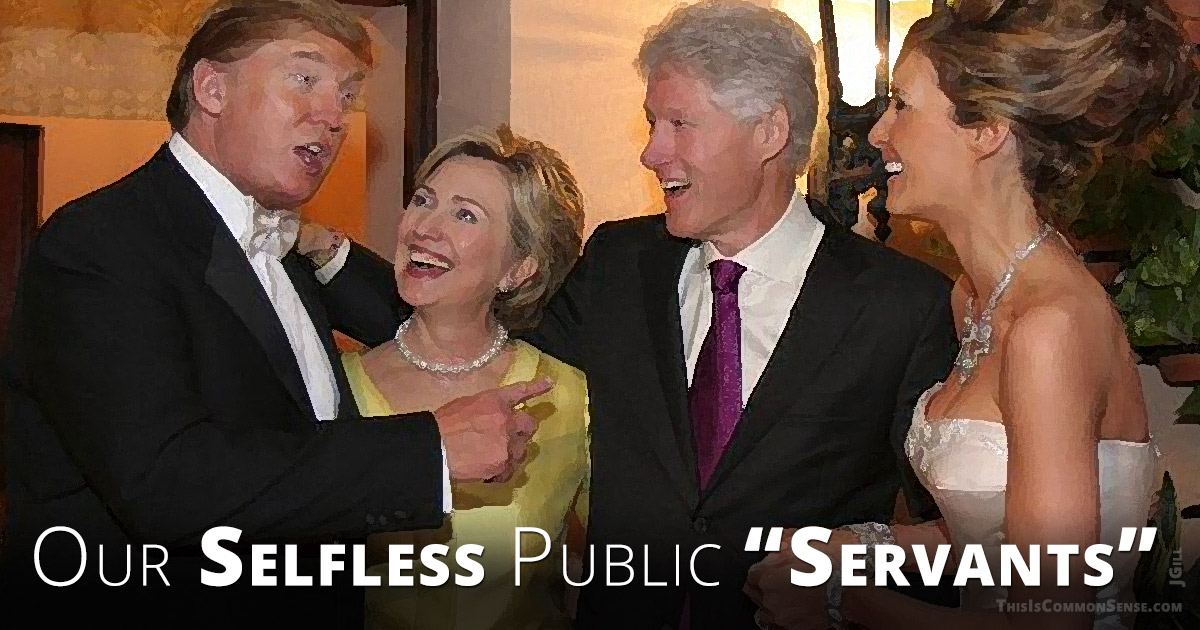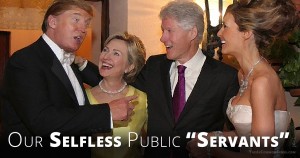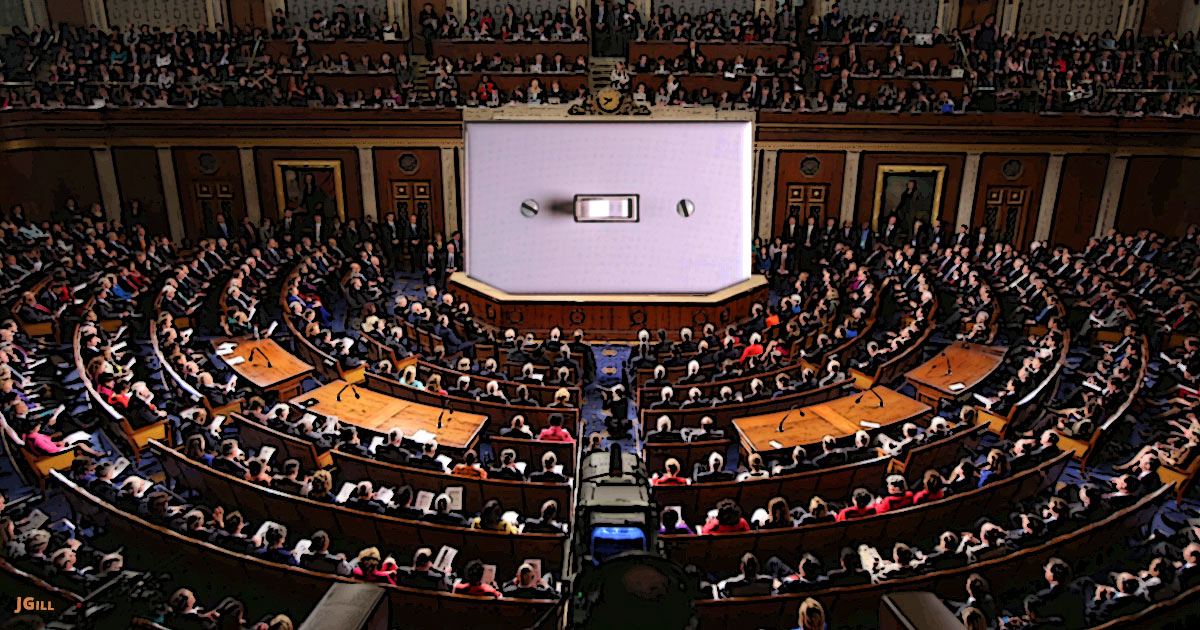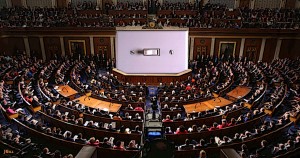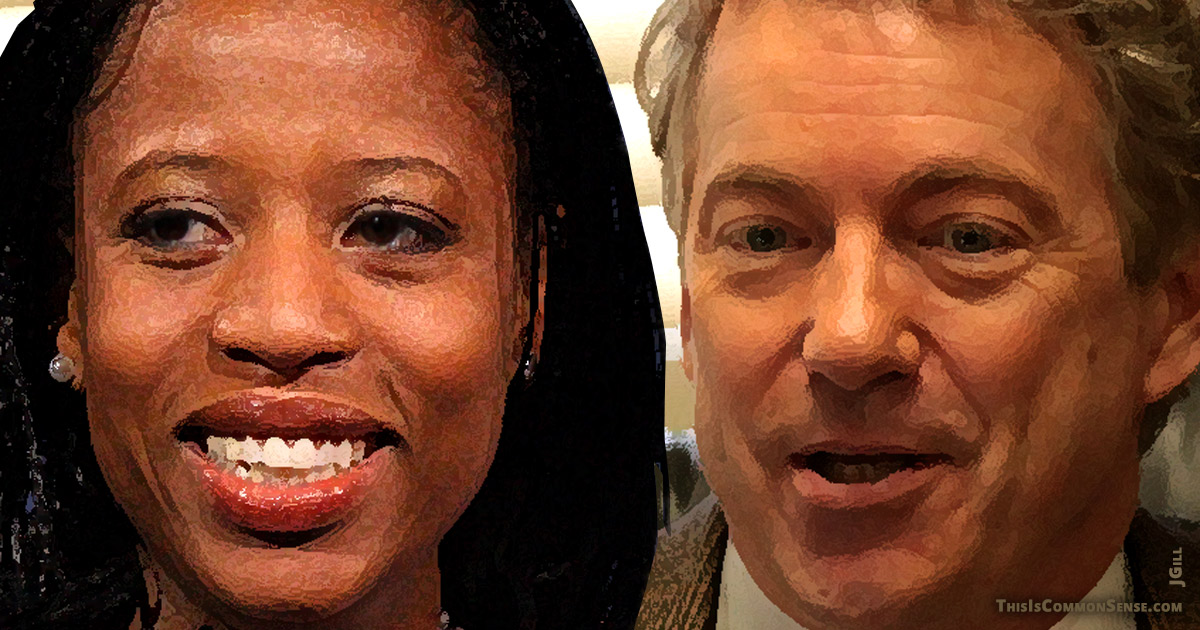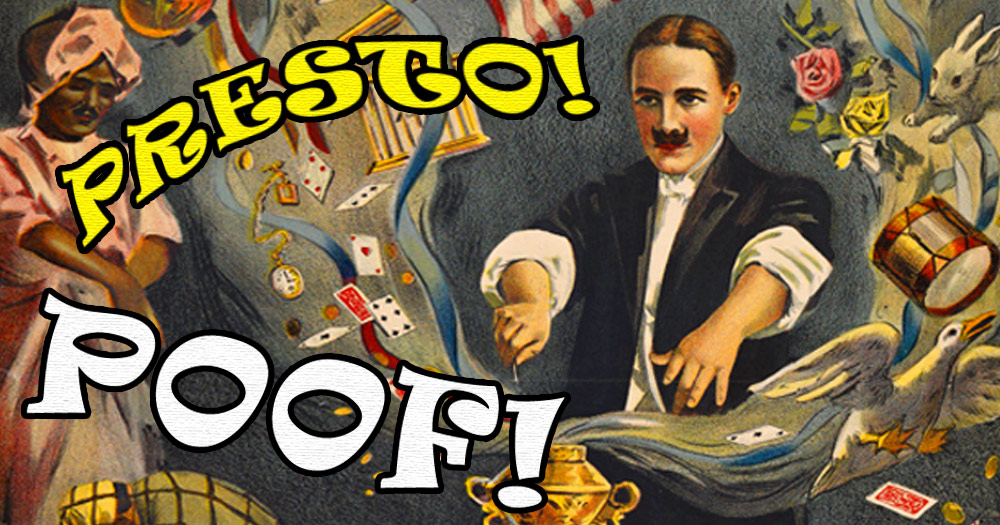Buried within another, more innocuous-sounding piece of legislation*, the Countering Disinformation and Propaganda Act passed the U.S. Senate last week. Introduced in March, the corresponding House bill is still in committee.
Designed to “counter foreign disinformation and propaganda,” especially but not limited to Russia’s, the law, if enacted, would set up what amounts to the ultimate fact-checking outfit. But since, in politics, Nietzsche’s Law of Hermeneutics** holds — “there are no facts, only interpretations” — what it really would be is an anti-propaganda propaganda house, described by critics as a “Ministry of Truth.”
From Senate sponsors Rob Portman (R‑OH) and Chris Murphy (D‑CT), however, it sounds a lot more noble. It seeks to develop “a whole-of-government strategy for countering foreign propaganda and disinformation” as well as “leverage expertise from outside government to create more adaptive and responsive U.S. strategy options.”***
You can see why government insiders would be concerned. After all, information (mis- and dis- and even correct) travels fast these days.
That is the way of memes — “mind viruses,” popularly called**** — in this age of the Internet.
One related meme is the phrase “effrontery propaganda,” repeated in Internet postings, which characterizes the Countering Disinformation and Propaganda Act’s mission as that of developing and disseminating “‘fact-based narratives” to counter effrontery propaganda.”
Insiders in government and major media do see as “effrontery” the memes that so strongly captured our imaginations in 2016. But is it fakery that really bothers them? Or mere effectiveness?
In any case, effrontery is precisely the right word for any centralized, government-run propaganda outfit.
This is Common Sense. I’m Paul Jacob.
* Titled a “report”!
** This being about propaganda, I hone my philosophical chops and chutzpah by dubbing the infamous F. A. Nietzsche saying as a “law.” On the order of Murphy’s and Parkinson’s so-called laws. Why not? Maybe it’ll catch on.
*** Specifically, the Senate version of the bill would expand “the authority, resources, and mandate of the Global Engagement Center” — an existing institution — to handle state actors (Russia, Russia, Russia, and China) as well as “help train local journalists” and seek to influence (and fund) NGOs and think tanks.
**** Richard Dawkins, in The Selfish Gene (1976; 40th Anniversary Edition, 2016), proposed a new science, memetics. Which has since been developed. See The Meme Machine, for example, by Susan Blackmore (Oxford University Press, 1999).
